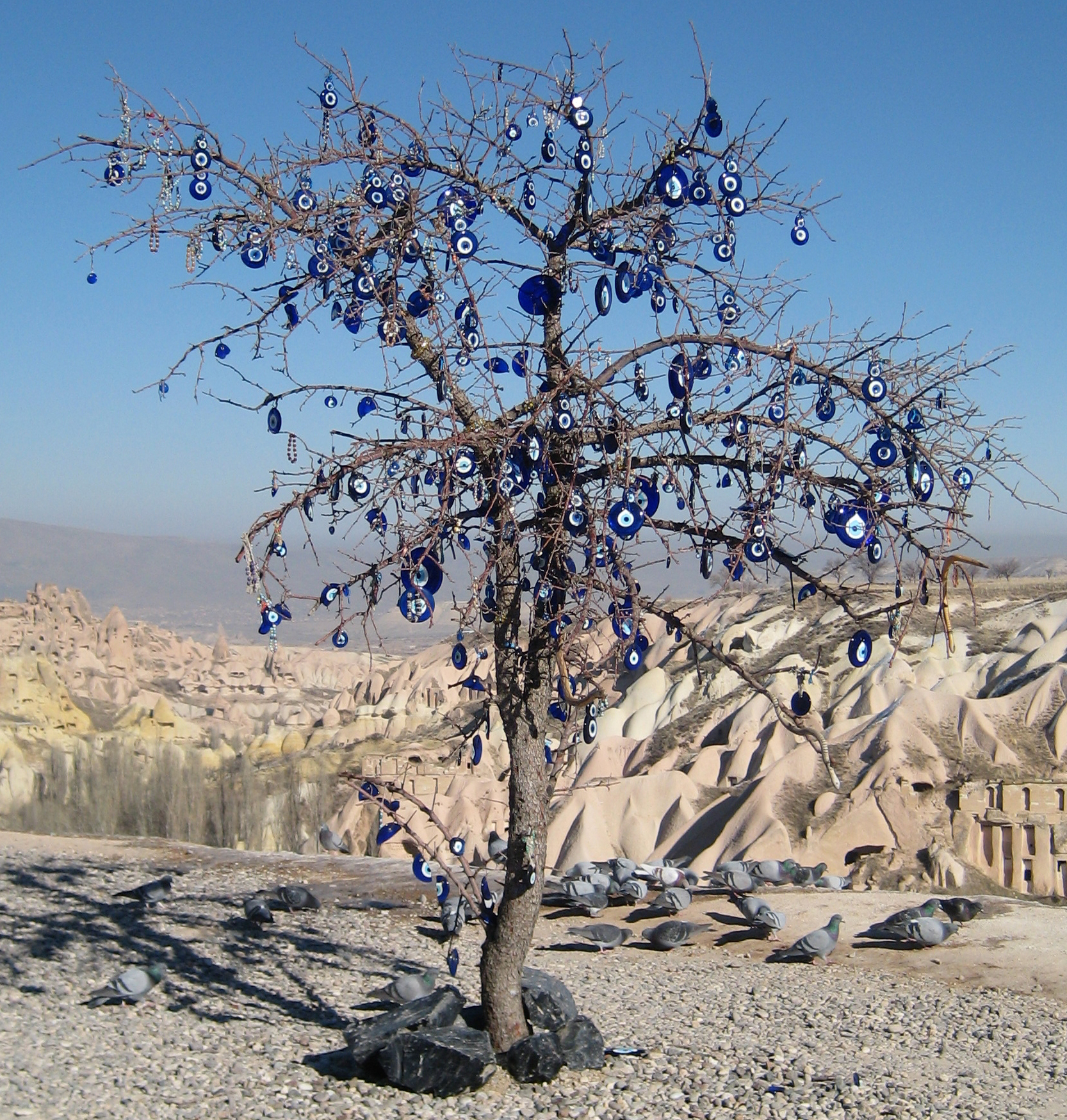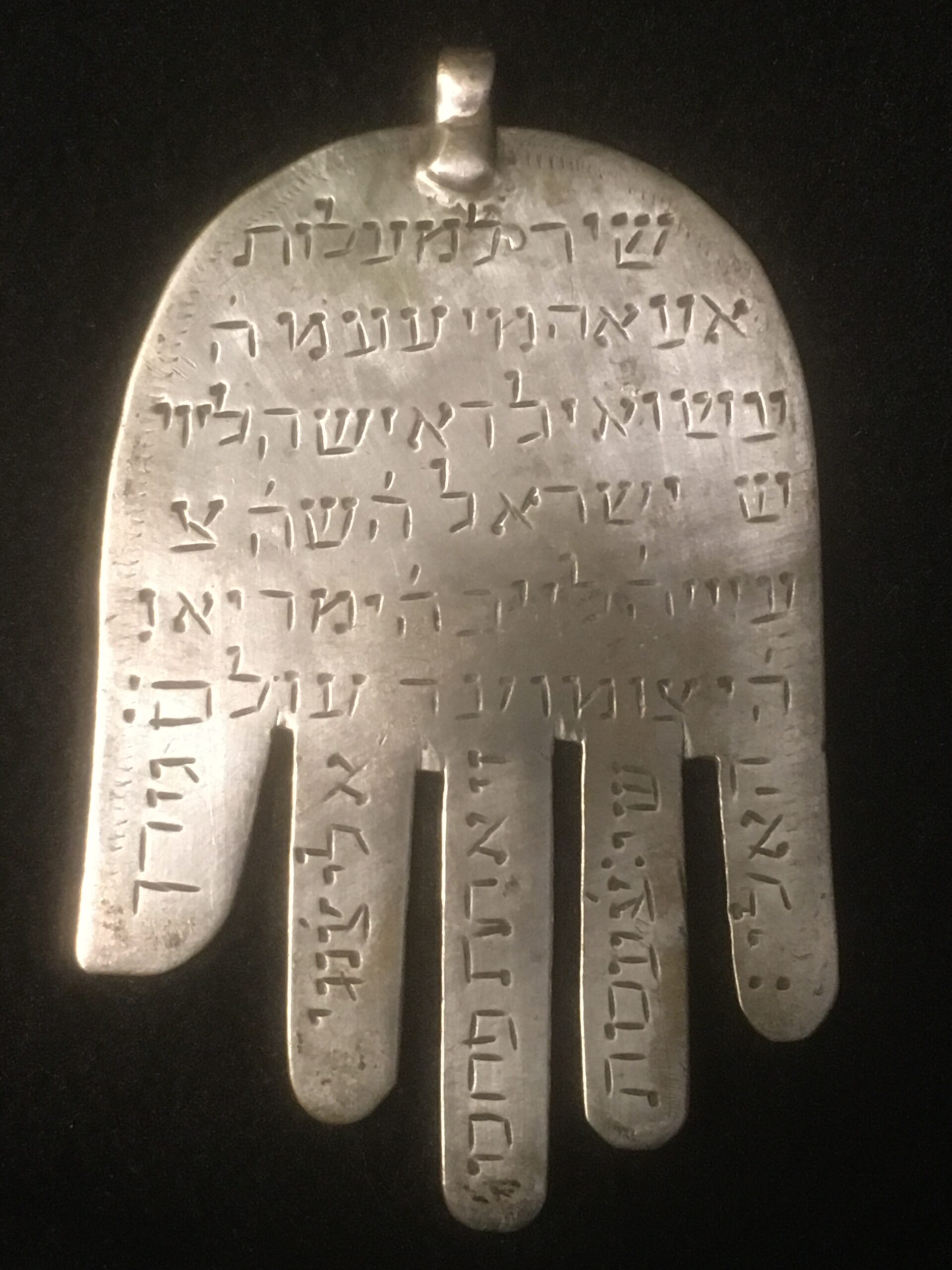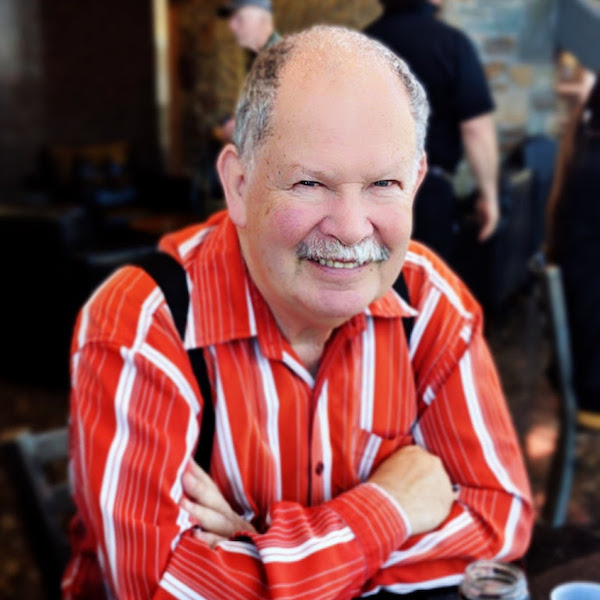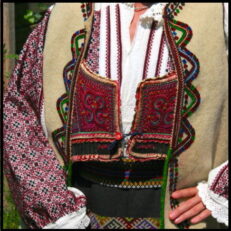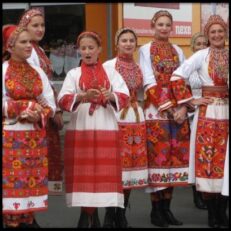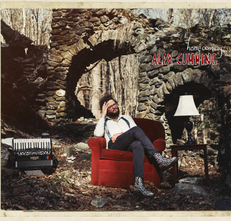Description
Folk Religion and Practices in Ashkenazi Judaism, Christianity, and Islam
with Ron Wixman
Part of our Thursday evening SOFA Series presentations, find the program listings online.
About the Program
One of the most interesting features of folklore and culture is what people actually practice as “religion.” Traveling to over 100 countries all over the world, Ron Wixman discovered that the majority of people have relatively little knowledge of the ritual practices of their official religions, but rather pursue folk practices passed down over generations. He has observed that in Christianity, Judaism, and Islam it is more often men who practice the Biblical/Koranic official religion, and more often women who preserve the folk religion.
In the end, the folk religious beliefs and practices are more important to many members of these societies than the “official” ones. Unfortunately, those beautiful and meaningful folk cultural worlds are being lost to modernization and increasing educational opportunities; many women are shifting away from their traditional beliefs and adopting more and more of the men’s formalized religious practices.
About Ron
Ron Wixman is a specialist in Balkan costumes and has donated many fabulous bridal costumes from late 19th/early 20th century Macedonia to the Museum of International Folk Arts in Santa Fe, as well as complete museum-quality folk costumes from Romania to the Mayhill Museum of Art in Washington, and Croatian, Bosnian, and Albanian costumes to various other museums as part of the Ron Wixman/Steve Glaser collections.
A folk dancer for most of his life, Ron Wixman has performed with ethnic ensembles, taught at folk dance festivals and camps in North America, taught in the Russian & East European Studies program at the University of Oregon, and lectured on Smithsonian Institution trips. A prolific writer, his research focuses on geographies of ethnicity, culture, and religion, particularly those situations related to political geographical questions, ethno-territorialism, and ethno-territorial disputes.
After payment is received, a confirmation will be sent with a Vimeo link to access the video. The license provided is limited to your personal use. By using the link, you agree not to share the materials. Videos cannot be downloaded, but can be viewed as often as you like.

